Plans 2025
Starting in 2025, Bits of Freedom will focus on four programs: security, civic space, young adults and technology, and bodily integrity. Within these programs, these are the projects we are most excited about for 2025.
Want to know more about the programs? Read our strategic plan 2025 - 2027🔗Read Multi-Year Strategy PDF.
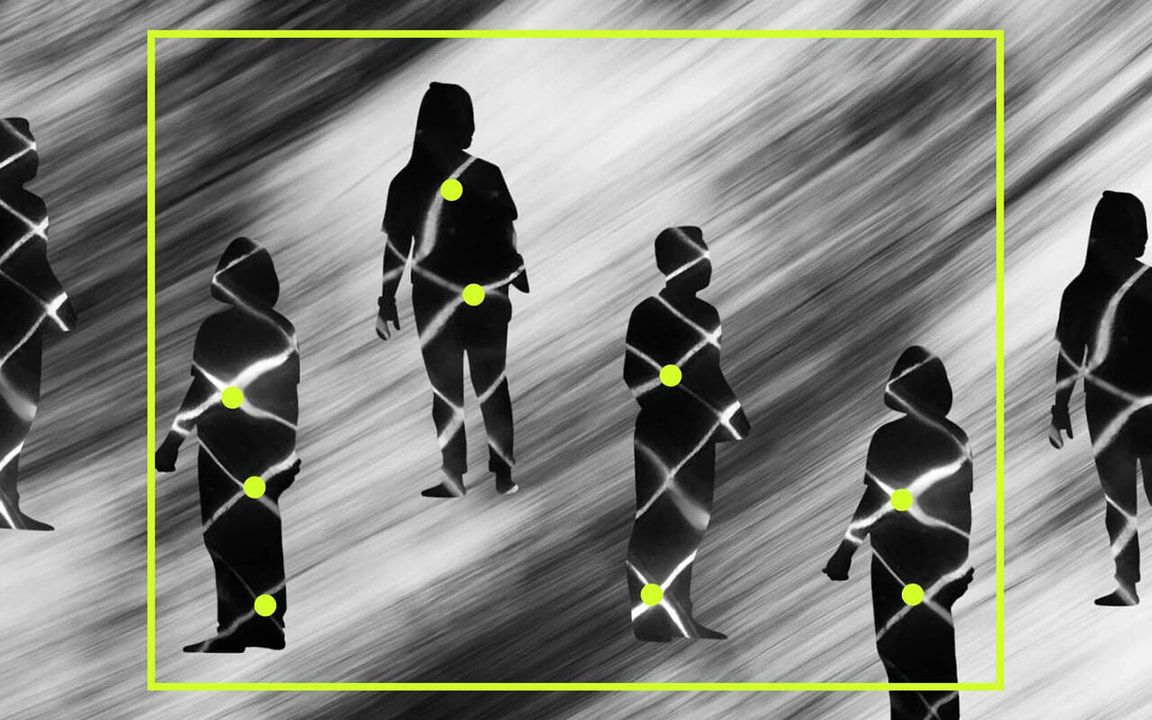
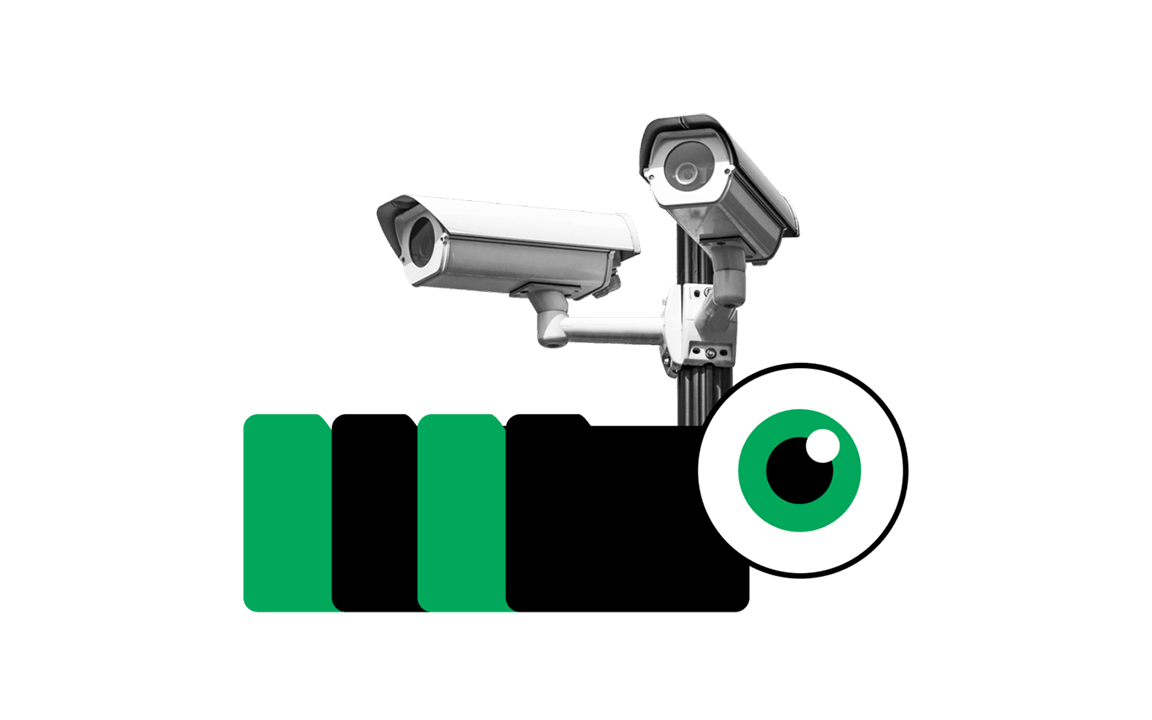
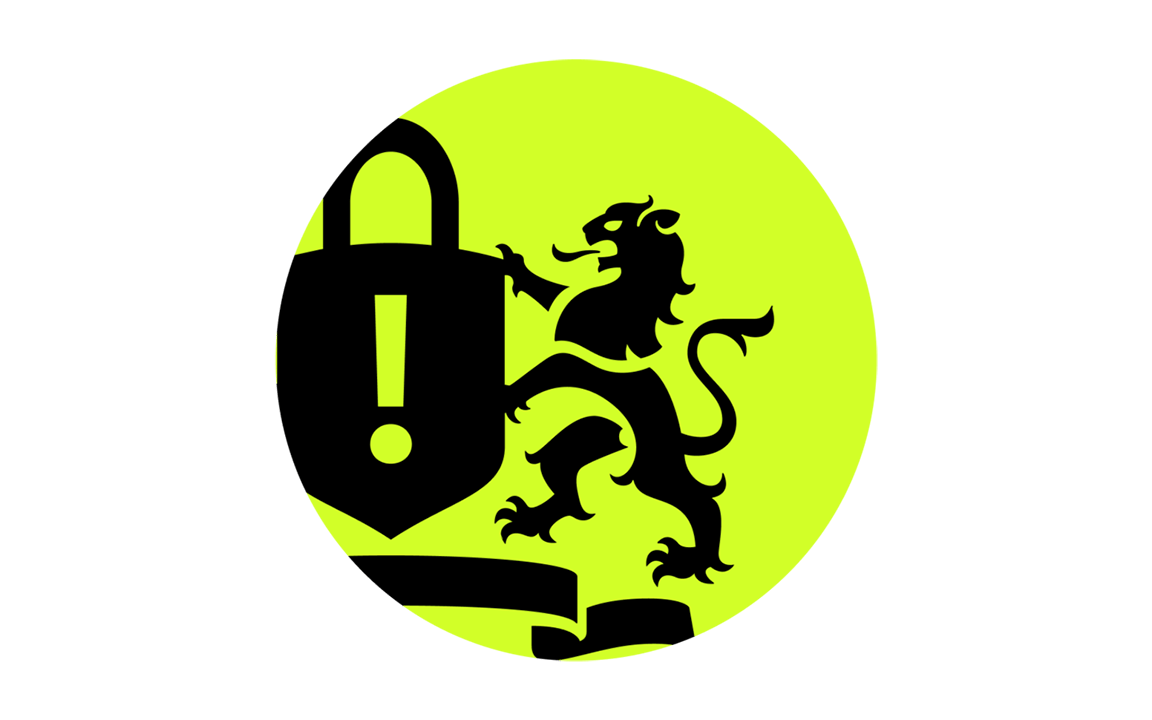
Security
We take a closer look at how local authorities use algorithms
Once the government has its eyes on you, you risk unpredictable and unlawful treatment. A risk that seems to increase for people with low incomes, bicultural backgrounds and females. Examples are discrimination by the Tax Authorities, DUO (Education Executive Agency) and the City of Rotterdam. We say: only social algorithms in the social domain. The government should stop discriminating against people, intentionally or unintentionally. This is why we research algorithms used by local authorities. And this is why together with the general public we campaign to make local authorities stop.


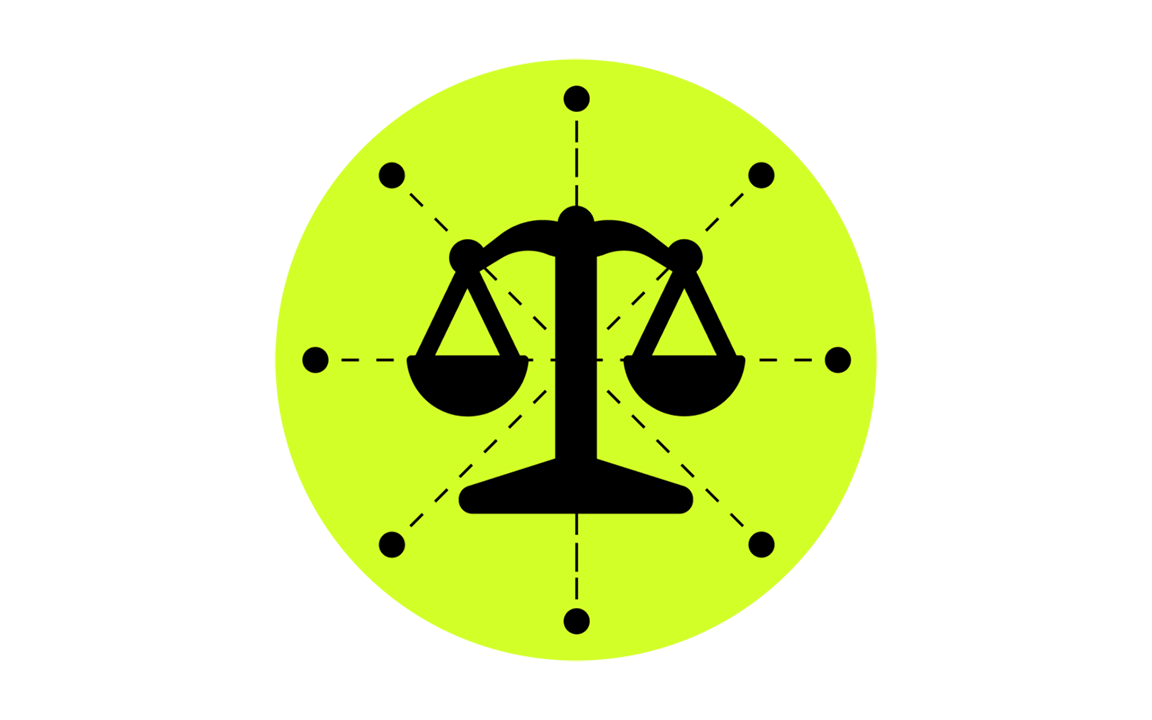
Civic space
We examine how we can make the government abide by its duty of care for a healthy public debate
The European Convention for the Protection of Human Rights and Fundamental Freedoms (ECHR) spells it out: governments must allow for a healthy public debate. A debate that is extremely important because it fosters transparency, political participation and democratic decision-making. Such debate also affects the social positions of individuals and the economic opportunities of people and corporations. The current public debate, however, is strongly polarized, anything but accessible and imbalanced. Moreover, specific professions, like investigative reporters, are under increasing pressure. Together with experts we will investigate how the government can be compelled to fulfil its duty of care for a healthy public debate. A crucial issue!
We step up civil society’s resistance to the devaluation of democracy
We are convinced that a strong democracy under the rule of law is essential to live together in freedom and equality. Monitoring and fostering such democracy is a constant responsibility and requires sufficient civic space. Our legal and technological infrastructure should facilitate that space so public actors can freely move within that space. For the first time we expect that we will have to work hard to guard the statutory framework within which we operate. What does that mean? There are many laws, regulations and policies that protect public actors like NGO’s and journalists, and grant them (relative) powers. Examples are the Settling of Large-scale Losses or Damage (Class Actions) Act (WAMCA) and the Open Government Act (Woo). These are laws that make it easier to question and, where necessary, call to account the government. But now we see that the government tries to curtail these powers. Through new legislation like the Civil Society Organizations (Transparency) Act (Wtmo) the government seeks to thwart foundations and associations without involving the courts. A good thing we are not alone. In 2025 we will join forces with some fifty organizations, activists and individuals from other areas like the judiciary and journalism, to monitor and foster our civic space.
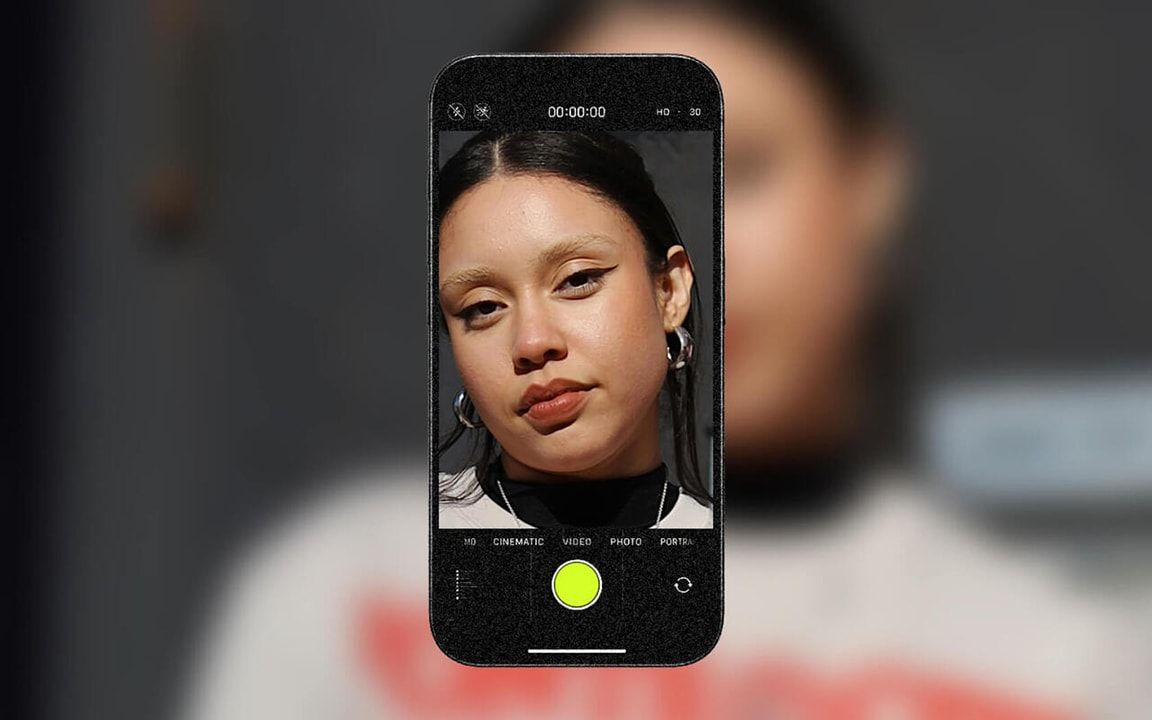
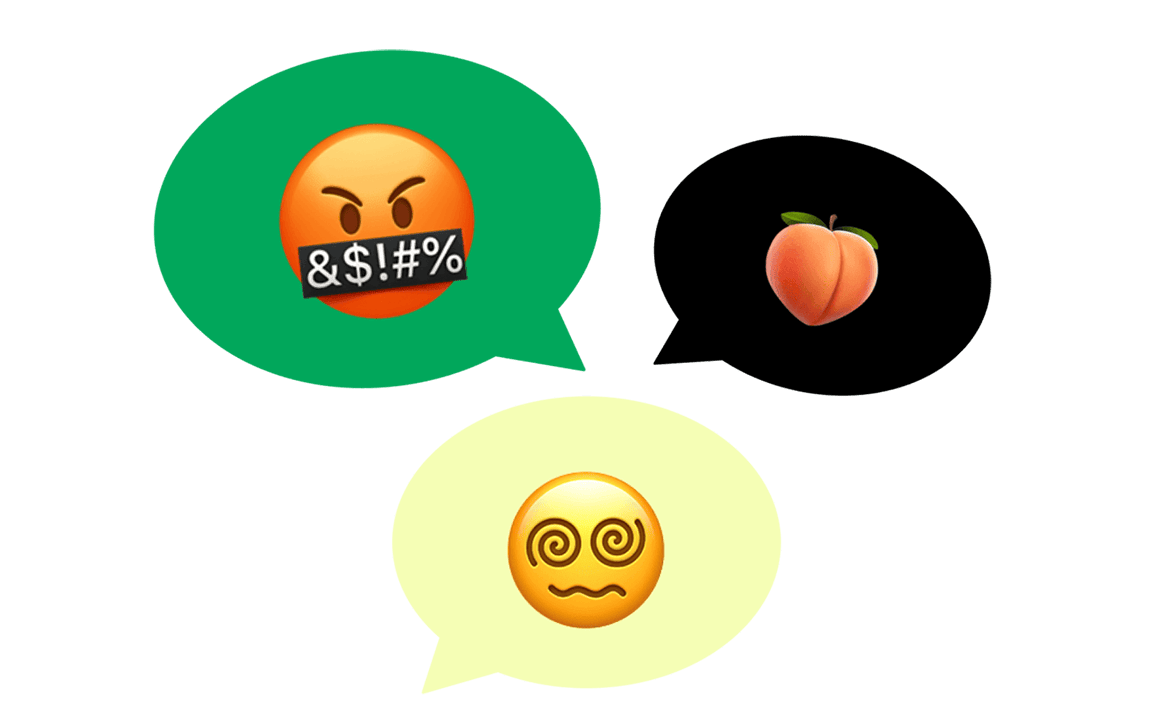
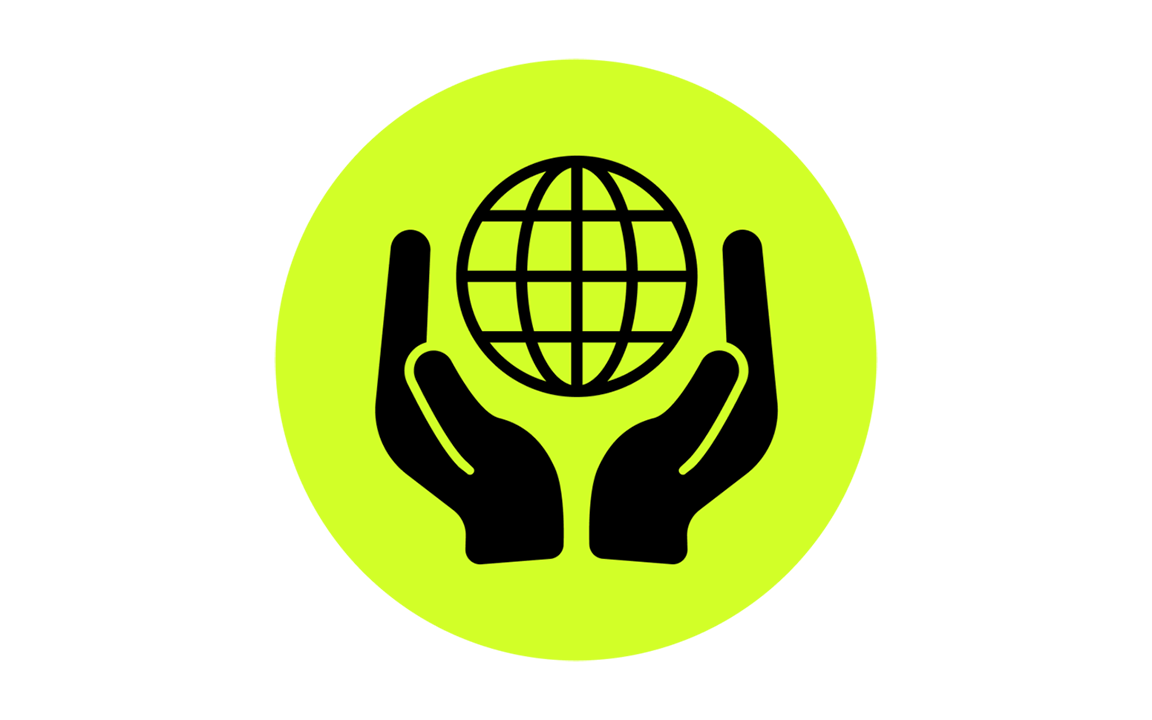
Young adults and technology
We investigate the manipulative and addictive design of online platforms
Together with design researcher Caroline Slinders and psychiatrist Dr Romayne Gadelrab we will conduct an in-depth investigation in 2025 into manipulative and addictive designs of online platforms. Not only will we draw up an unambiguous definition of what addictive design exactly is, we will identify the different forms. This investigation is different from earlier studies because of the interdisciplinary approach, combining the viewpoints of design, psychiatry and policy. The final research report will be the basis for our conversations with policymakers in the Netherlands and in the rest of Europe. This will give us the right tools to counter addictive design.
We file a complaint about Meta’s platforms
In 2025 we will file a complaint about Meta’s platforms. We strongly suspect Meta of making alterations to Facebook’s and Instagrams interface and functioning, preventing users from fully benefiting from the rights and possibilities offered by the Digital Services Act (DSA), the new European platform act. Fortunately, the act contains legal safeguards that make it possible to contest violations by major platforms. After our successful claim against LinkedIn in 2024, we have high hopes for the impact of this complaint.
We protect the right to communicate in confidence
The right to confidential communication and the use of encryption are in heavy weather. The European Commission’s proposal (the CSAM regulation), which aims at protecting children and young adults against sexual abuse, has still not been finalized. If no drastic amendments are made, the draft will clear the way for untargeted mass surveillance undermining encryption. We are fighting hard to get this draft off the table. But this is not the only threat to the right to communicate in confidence: investigative services, politicians and authorities make the use of encryption increasingly and ever more explicitly difficult. They ask policy makers to come up with ways to make access to encrypted messages easier; even without any suspicions of specific criminal offenses. This is another development we try to halt. We keep committing ourselves to promoting government measures that have proven to be effective, technically feasible and legally tenable. Also in 2025.
We dedicate ourselves to a legislative draft to combat online addiction
Major online platforms are often designed specifically to influence user choices and to make users addicted to the platform. Starting in 2025 we will dedicate ourselves to a new European legislative draft that will regulate practices like this: the Digital Fairness Act. We expect a formidable corporate counter lobby, from Big Tech in particular. But this is not our first rodeo. We will make sure that policy makers will put the general public’s interests first, and not Big Tech’s deep pockets. We want clearly defined, enforceable rules that put a halt to addictive design. Our objective: a free and secure internet where people have control over their environment.

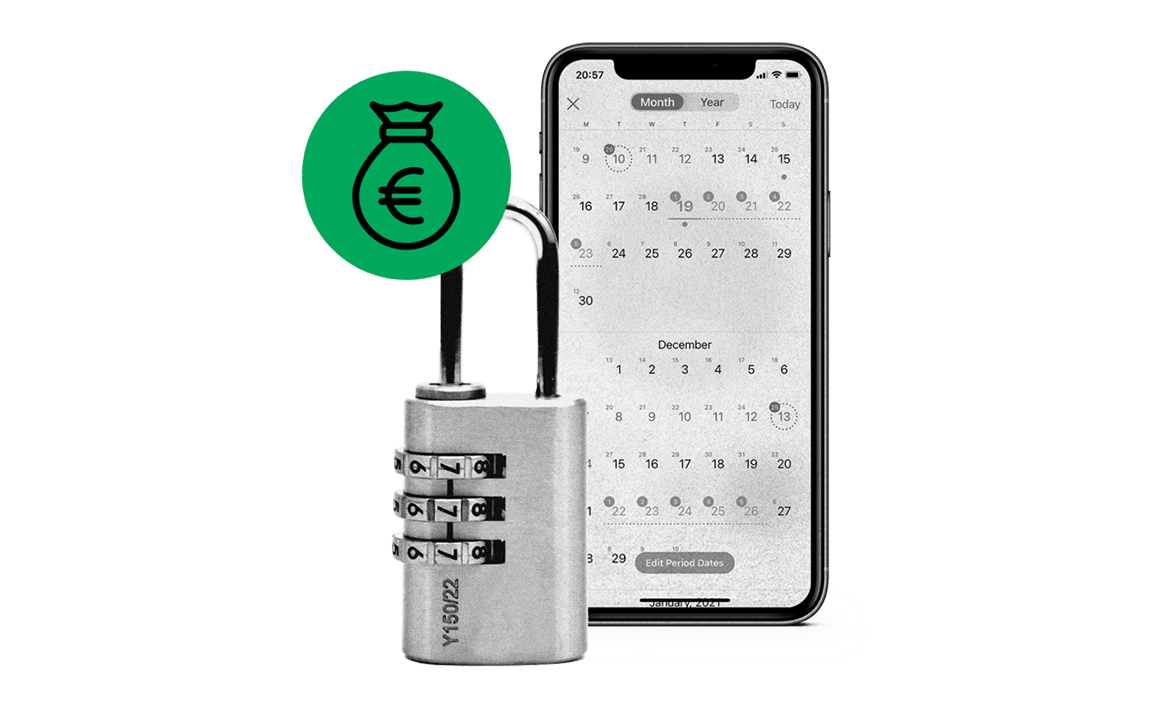

Bodily Integrity
We make sure that apps handle body data with due care
We feel that tracking your menstruation, ovulation and pregnancy with an app without your data being abused should be a given. But sadly that is not today’s reality. Together with the pro bono law firm of PILP and the women’s rights foundation Bureau Clara Wichmann we investigate popular apps that sell those data. Where necessary we will go to court to stop these apps. At the same time we will mobilize consumers to raise the pressure.

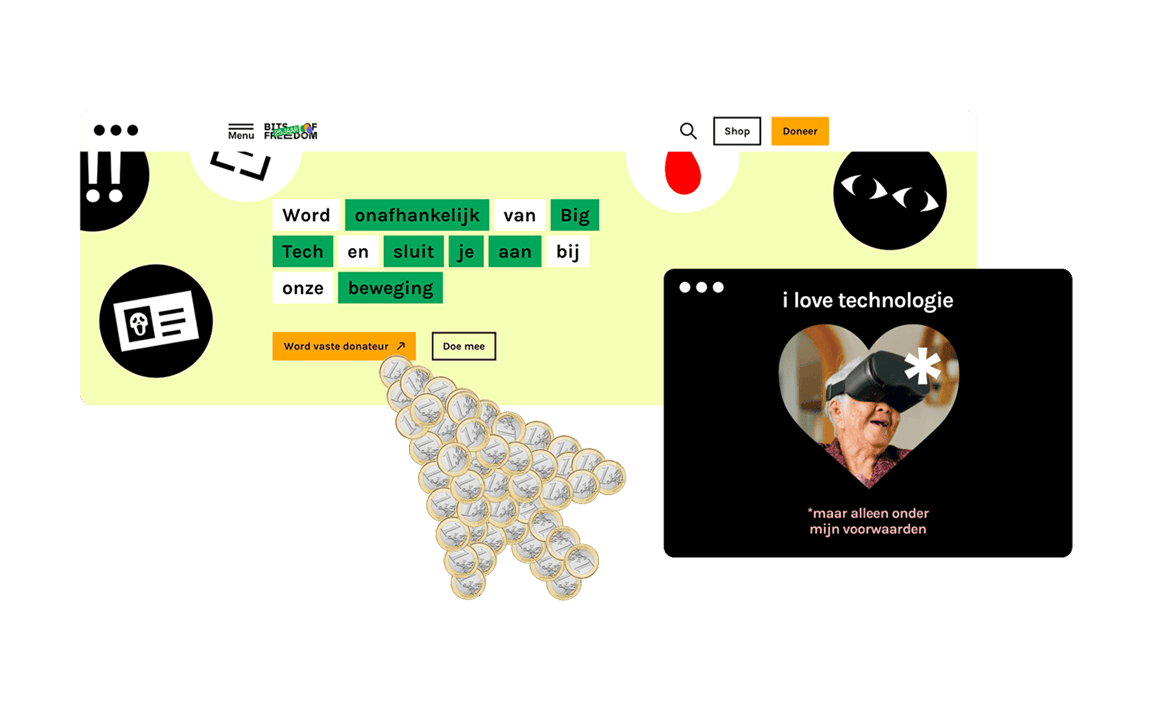

Awareness
We increasing the engagement and visibility of our work
Accessible communication about our work is our strong point. In 2025 we will take it a step further. We want to reach out to more people, become more visible and leave an even more prominent mark in our areas of expertise. Our communications show our decisiveness: core messages that clearly explain what’s going on, which specific steps we take and what you can do as an individual or organization. We pilot a data-driven campaign, to reach more people and quickly mobilize our followers and allies as events occur.
We organize the Big Brother Awards
Every year the Big Brother Awards are presented to individuals, corporations and authorities that have committed gross violations of the general public’s freedom of communication and privacy. Perhaps the least coveted prizes, these awards bring the crassest violators of our digital rights to the spotlight. 2025 sees the 20th anniversary of the Big Brother Awards. Reason for a special celebration and some extra bright lime light for the violators.